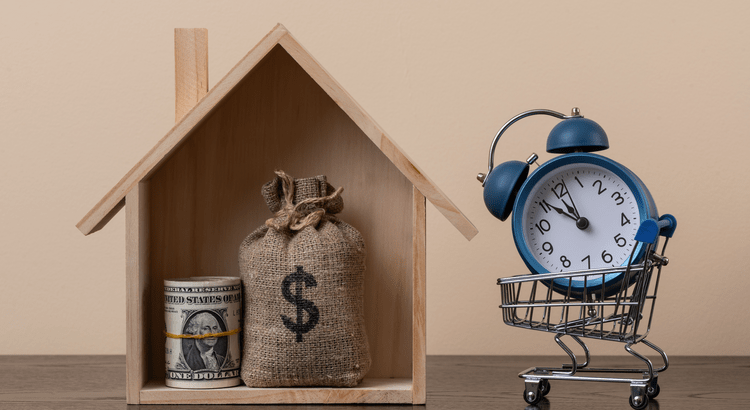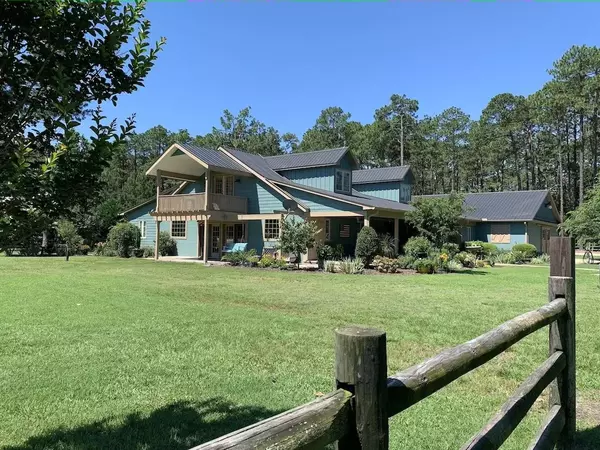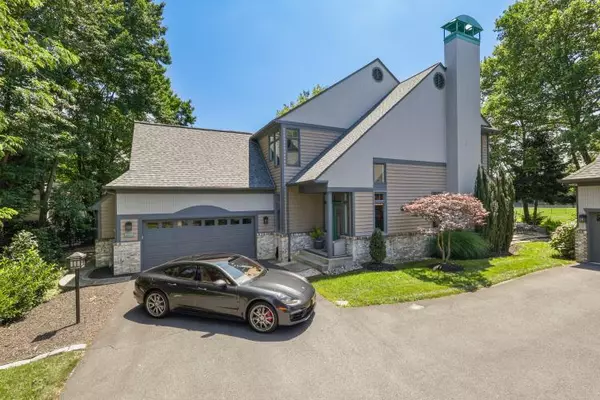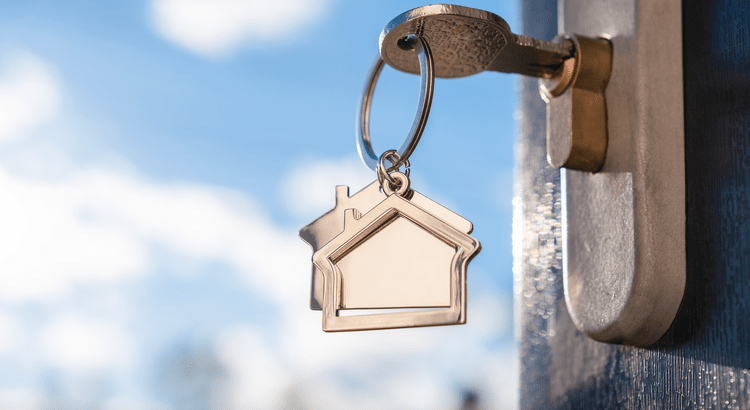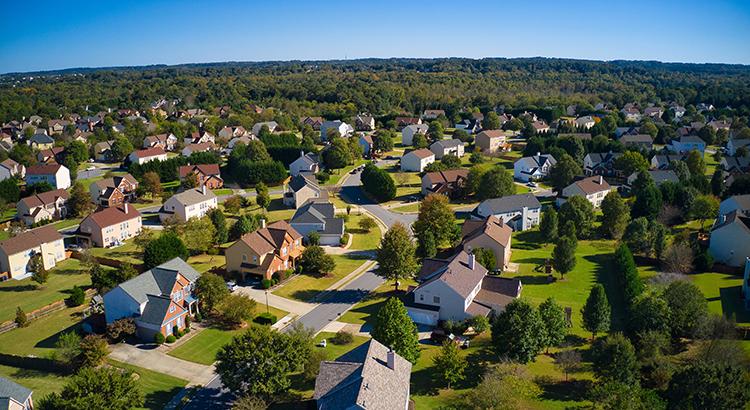
History Shows the Housing Market Always Recovers
History Shows the Housing Market Always Recovers Now that the market is slowing down, homeowners who haven’t sold at the price they were hoping for are increasingly pulling their homes off the market. According to the latest data from Realtor.com, the number of homeowners taking their homes off the
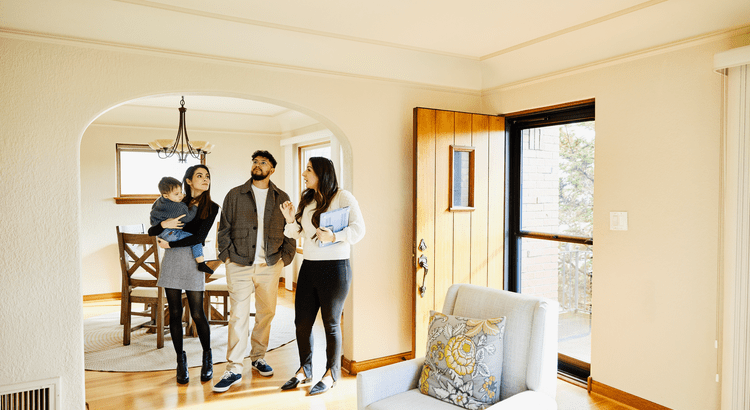
Should You Still Expect a Bidding War?
Should You Still Expect a Bidding War? If you’re still worried about having to deal with a bidding war when you buy a home, you may be able to let some of that fear go. While multiple-offer situations haven’t disappeared entirely, they’re not nearly as common as they used to be. In fact, a recent su

Condos Could Be a Win for Today’s Buyers
Condos Could Be a Win for Today’s Buyers Not every homebuyer wants the biggest house on the block. Some want something simpler, more affordable, and easier to maintain, especially in a market where every dollar counts. That’s where condos come in. For first-time buyers, they can be a smart way to ge
Categories
Recent Posts

